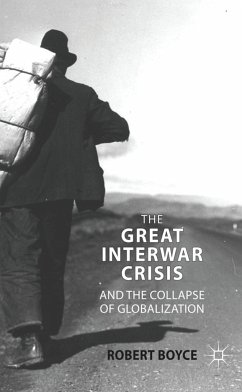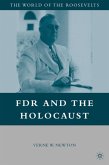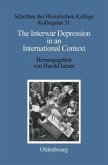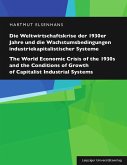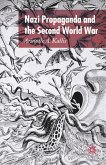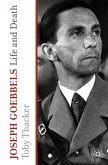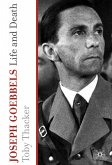Challenging the standard narrative of Interwar International History, this account establishes the causal relationship between the global political and economic crises of the period, and offers a radically new look at the role of ideology, racism and the leading liberal powers in the events between the First and Second World Wars.
The Great Interwar Crisis and the Collapse of Globalization is the first academic study, based upon multi-archival research, to challenge the standard narrative of interwar history. It re-opens fundamental debates on the role of economics, political ideologies and racism in shaping the course of events that led from one World War to the next, and explains, for the first time, why the world economic and political systems simultaneously broke down between the wars. Explaining the direction of the causal relationship within this dual crisis, the book yields a new understanding of these events and their relativity to our present globalized world. The Great Interwar Crisis and the Collapse of Globalization raises profound questions abut the responsibility of Britain, the United States and the agents of international commerce and finance for the breakdown of the Versilles settlement after the First World War, the collapse of globalization, and events leading to the Second World War. A history of the dual crisis that led to the simultaneous breakdown of the world's political and economic systems between the World Wars
The Great Interwar Crisis and the Collapse of Globalization is the first academic study, based upon multi-archival research, to challenge the standard narrative of interwar history. It re-opens fundamental debates on the role of economics, political ideologies and racism in shaping the course of events that led from one World War to the next, and explains, for the first time, why the world economic and political systems simultaneously broke down between the wars. Explaining the direction of the causal relationship within this dual crisis, the book yields a new understanding of these events and their relativity to our present globalized world. The Great Interwar Crisis and the Collapse of Globalization raises profound questions abut the responsibility of Britain, the United States and the agents of international commerce and finance for the breakdown of the Versilles settlement after the First World War, the collapse of globalization, and events leading to the Second World War. A history of the dual crisis that led to the simultaneous breakdown of the world's political and economic systems between the World Wars
'This is a splendid piece of scholarship, finely written, exhaustively researched, and interpretively bold. With his emphasis upon the symbiotic relationship of economics and politics, Boyce sees in the late 1920s the real beginnings of the drift toward a new war, and the Anglo-Americans as especially important players in that slow-motion collapse.'
- Robert J. Young, University of Winnipeg
'Robert Boyce merits the gratitude of all students of the 1930s for his ambitious effort to bring economics and finance together with diplomacy. In offering this exquisitely detailed and lavishly footnoted volume to the public, Boyce faced a difficult strategic choice. He could have simplified the argument, cut the text to half the length, abbreviated the notes, and addressed a general audience. Instead, he chose to give scholars the unabridged benefit of his strenuous archival labors. The book thus constitutes a vast quarry in which the specialist will find a wealth of material to use and reprocess'
- Stephen A. Schuker, H-Diplo
'The subject of Robert Boyce's thoughtful, deeply researched book is the failure of the victor powers in the First World War to create effective mechanisms to ensure global stability. '
- History Today, Adam I.P. Smith, Senior Lecturer in History at UCL
- Robert J. Young, University of Winnipeg
'Robert Boyce merits the gratitude of all students of the 1930s for his ambitious effort to bring economics and finance together with diplomacy. In offering this exquisitely detailed and lavishly footnoted volume to the public, Boyce faced a difficult strategic choice. He could have simplified the argument, cut the text to half the length, abbreviated the notes, and addressed a general audience. Instead, he chose to give scholars the unabridged benefit of his strenuous archival labors. The book thus constitutes a vast quarry in which the specialist will find a wealth of material to use and reprocess'
- Stephen A. Schuker, H-Diplo
'The subject of Robert Boyce's thoughtful, deeply researched book is the failure of the victor powers in the First World War to create effective mechanisms to ensure global stability. '
- History Today, Adam I.P. Smith, Senior Lecturer in History at UCL

